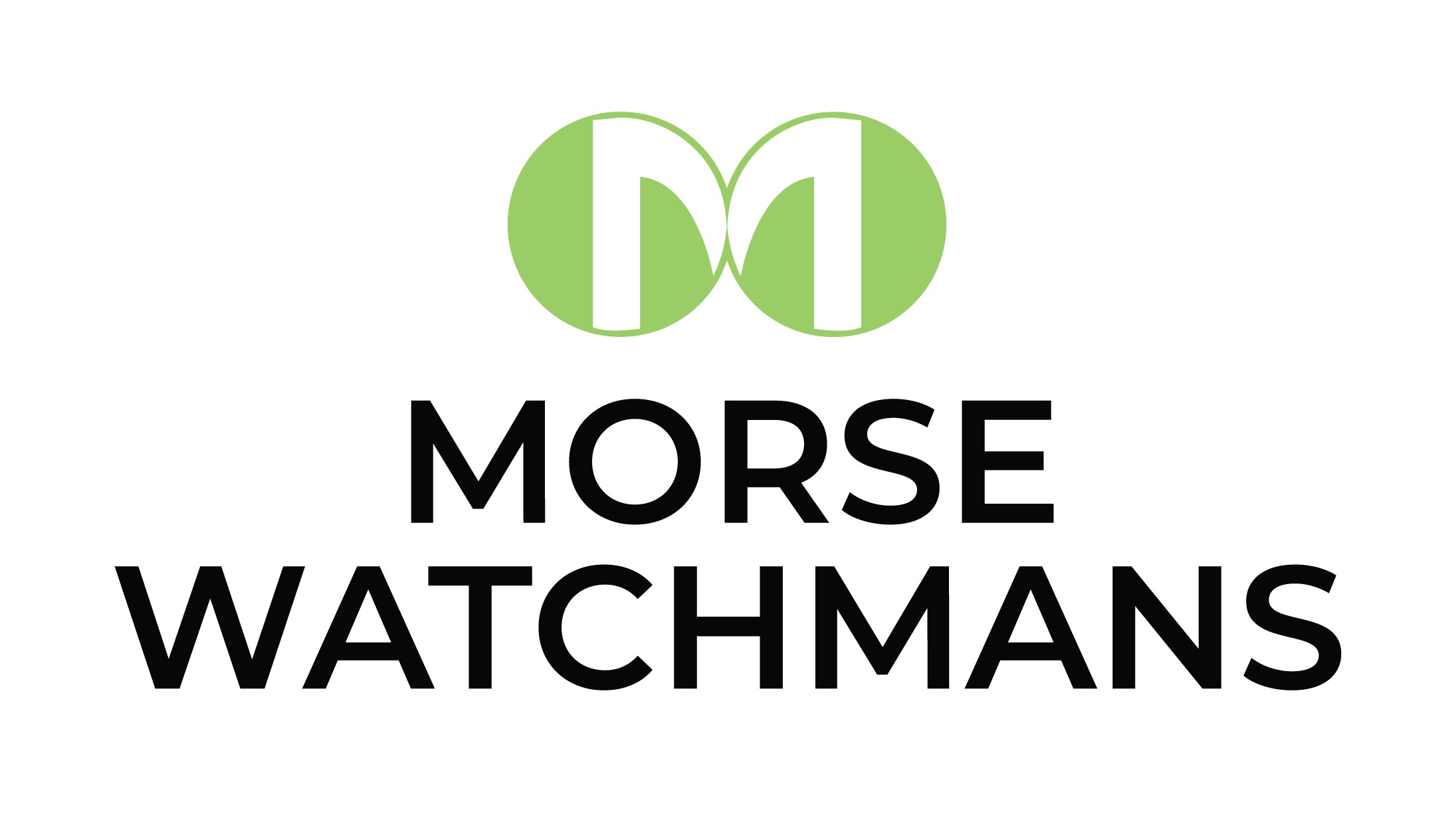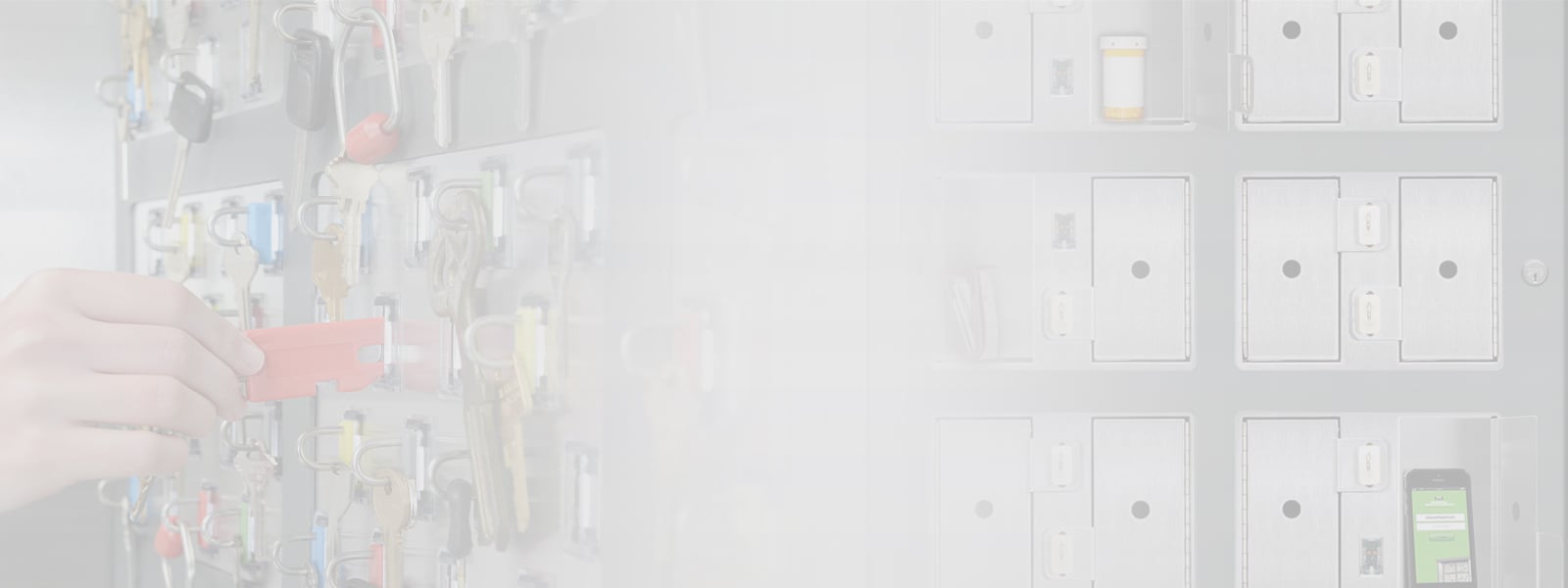For organizations large and small, accurate and timely information is a business necessity. In retail or fast food restaurants, sales figures may be looked at on a daily basis or at certain times of the day to help determine adequate staffing levels. In manufacturing, access to current production, inventory and sales numbers can help guide decisions. And in security situations, knowing who is or was where and for how long or who has keys out or has not returned them can provide alerts or evidence regarding safety and security.
In a busy workplace, whether an office location or behind the scenes at an airport, storing facility and sensitive keys and keeping track of who accessed them and when is made much easier with an automated key control system. Keys locked in the tamper-proof key cabinet are secured to a key fob that contains a built-in memory chip. When a key is inserted or removed from a key slot in the key cabinet, the data is recorded. Only authorized users can access keys and the system will react with email or text alerts to designated personnel in the event of any attempts of unauthorized key access or if keys are not returned as scheduled.
Key control systems can provide accurate and timely information to management with just a few simple keystrokes. If a back door in a hotel is discovered to be unlocked, management need only query the system from a computer anywhere on the network to determine who last accessed that particular key. In another situation, industry regulations may dictate that all key usage be recorded; deviations from the routine to be notated; and all activity compiled in daily/weekly/monthly auditable reports.
Reports can be generated by user, date and time among other criteria, to deliver knowledge data in a way that was never possible with manual key control systems. Information from the reports can also provide additional impact when incorporated with policies and procedures that deliver timely information to management for intelligent response such as rule-based, pre-defined actions determined by events. And being able to automate or schedule the reports saves time and possibly even helps to avert incidents.



